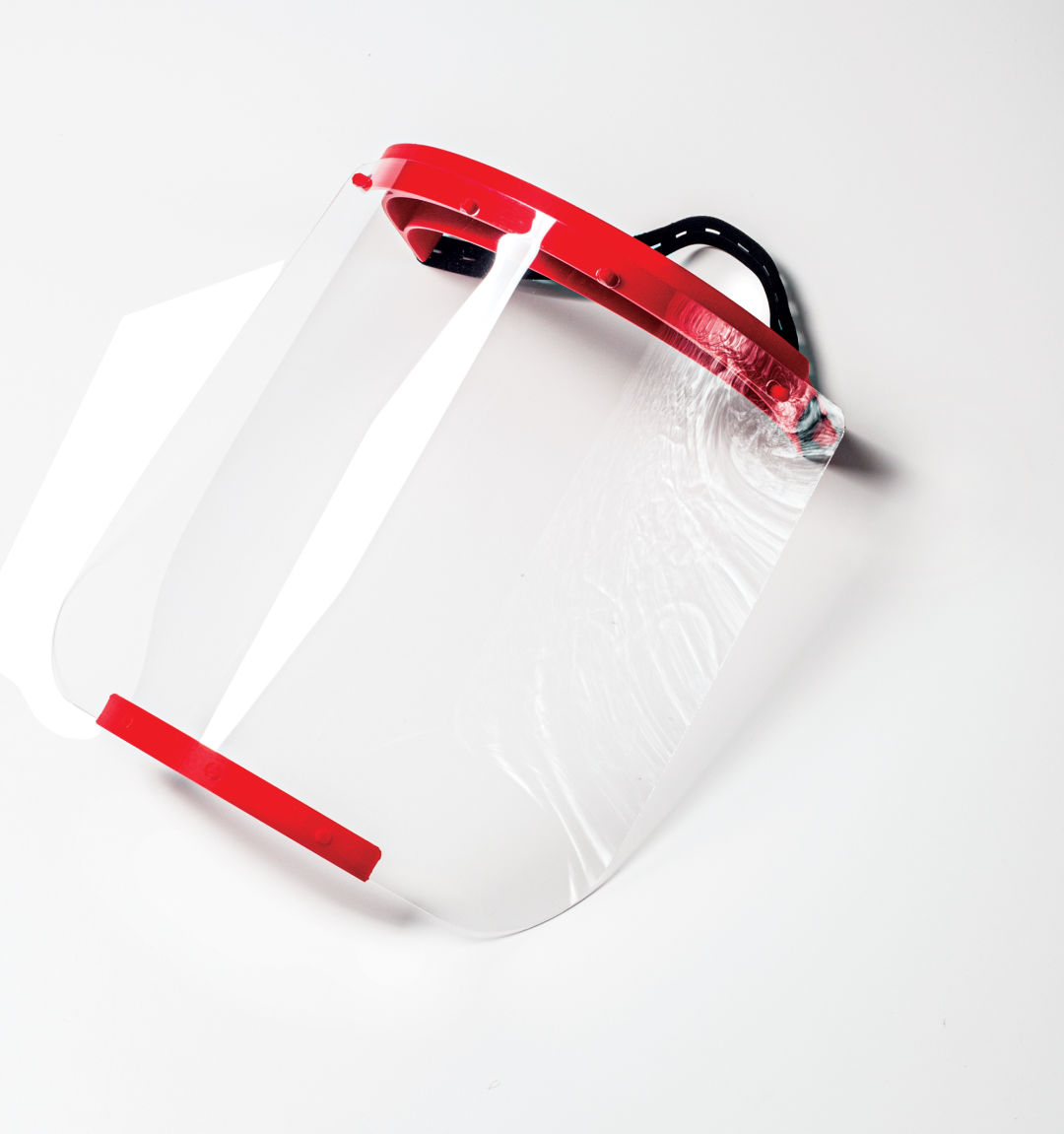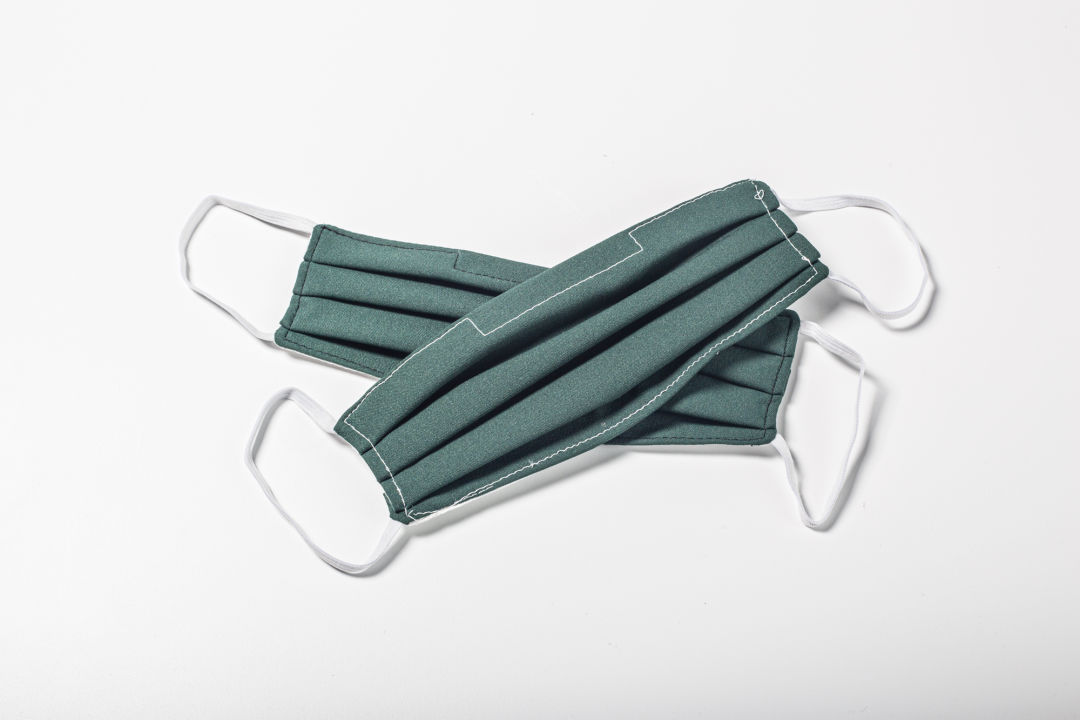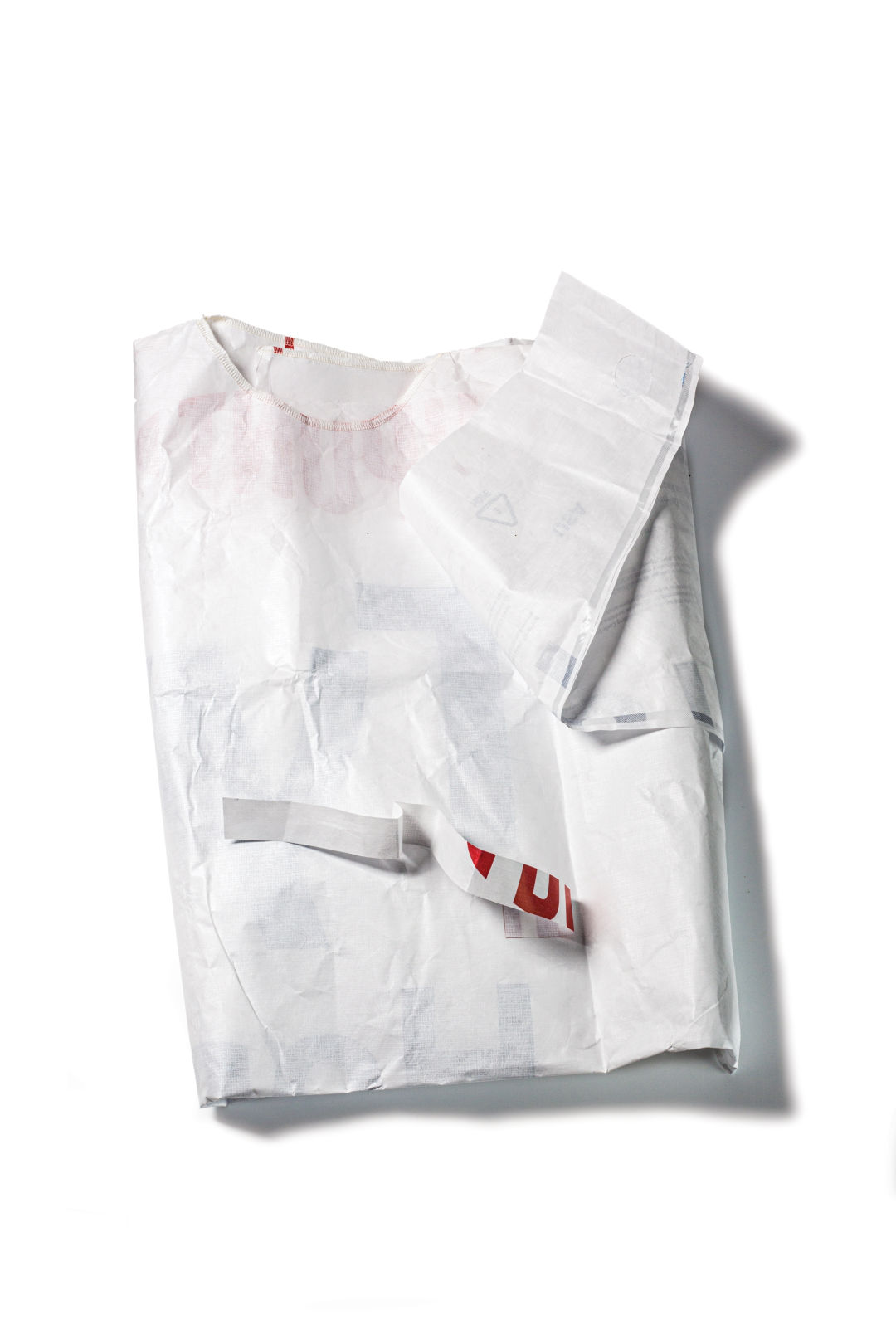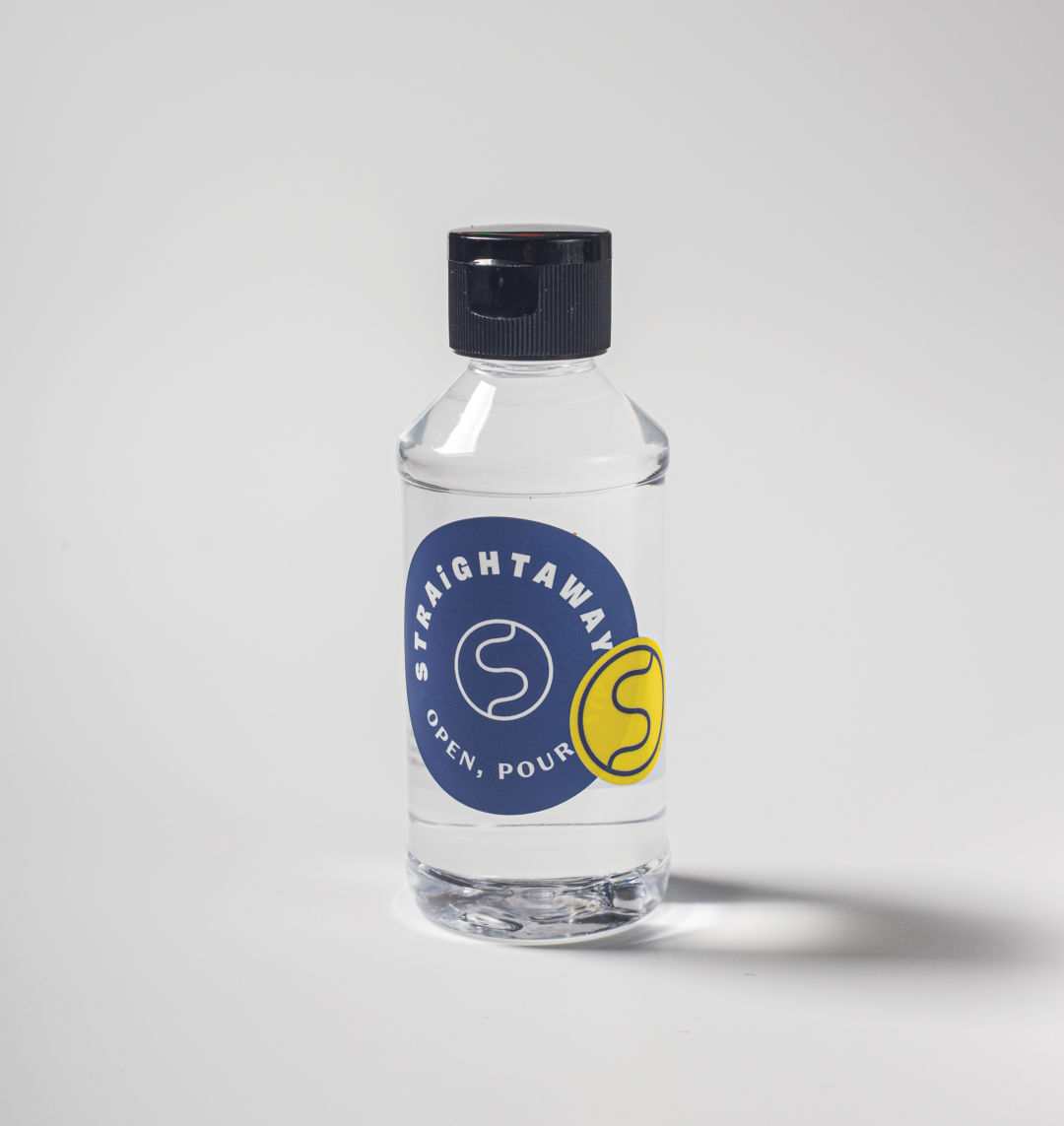With a Shortage of Protective Gear, Oregon Businesses Pivoted Fast
The problem: Oregon health care workers needed gear to protect themselves against the virus that brought the state to a standstill—masks, gloves, face shields, gowns, and more.
But so did medical workers around the world, and with supply chains from China compromised and the frenzied Trump administration of little help, personal protective equipment started running terrifyingly low.
The solution: Oregon businesses (alongside an army of home sewers) went into full-on DIY mode, in keeping with our shop-local ethos. Nike repurposed old soles to make face shields and helmets. Southeast Portland–based Langlitz Leathers, makers of coveted custom gear for motorcycle enthusiasts, pivoted to masks, donating hundreds of them to health workers.
Here are just four more examples among dozens of locally made products that have helped hospital staffers stay alive, so they could keep the rest of us healthy, too.

Image: Michael Novak
FACE SHIELD
Hundreds of 3-D-printing enthusiasts from around the metro area banded together to create Maker Force, harnessing their equipment to print thousands of face and eye shields. Hospitals can browse available designs from an online catalog and put in their requests, which are vetted by group leaders before being matched with volunteer makers.

Image: Michael Novak
MASK
Portland-based Looptworks is best known for its reusable totes made from upcycled materials. The company has brought its green bona fides to masks made from excess materials, selling them mainly in bulk to hospitals, medical delivery services, grocery stores, airlines, and other businesses that couldn’t close up shop.

Image: Michael Novak
GOWN
Spurred by a design from a local doctor, Hood River–based nonprofit Help Make Better has three factories at work making single-use isolation gowns. Plus, the company has open-sourced its blueprints, making them available to other garment factories that want to follow suit.

Image: Michael Novak
HAND SANITIZER
After toilet paper, this was the second thing to disappear from the shelves. Local distilleries leapt into the void. Portland’s Straightaway partnered with Brew Dr. Kombucha to create an 80-percent-alcohol-by-volume sanitizer, at least 3,000 gallons of which were donated to local hospitals, fire departments, and meal pantries.




